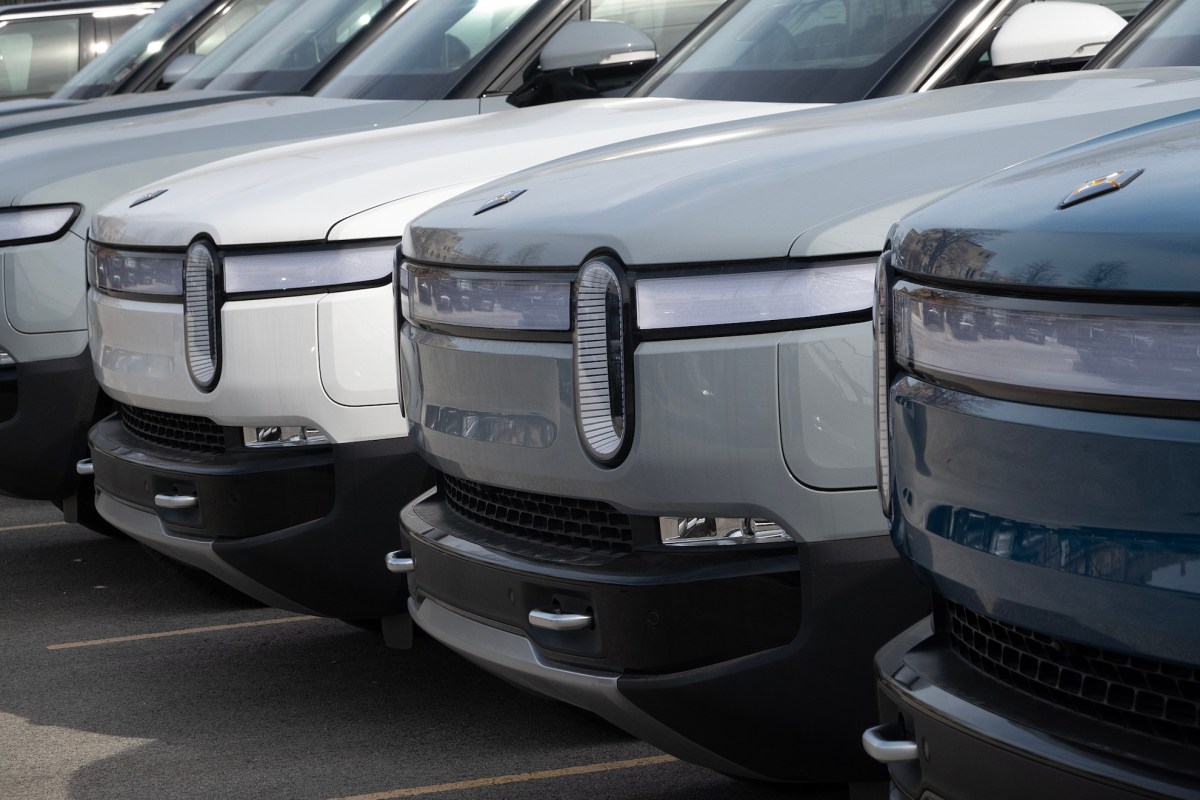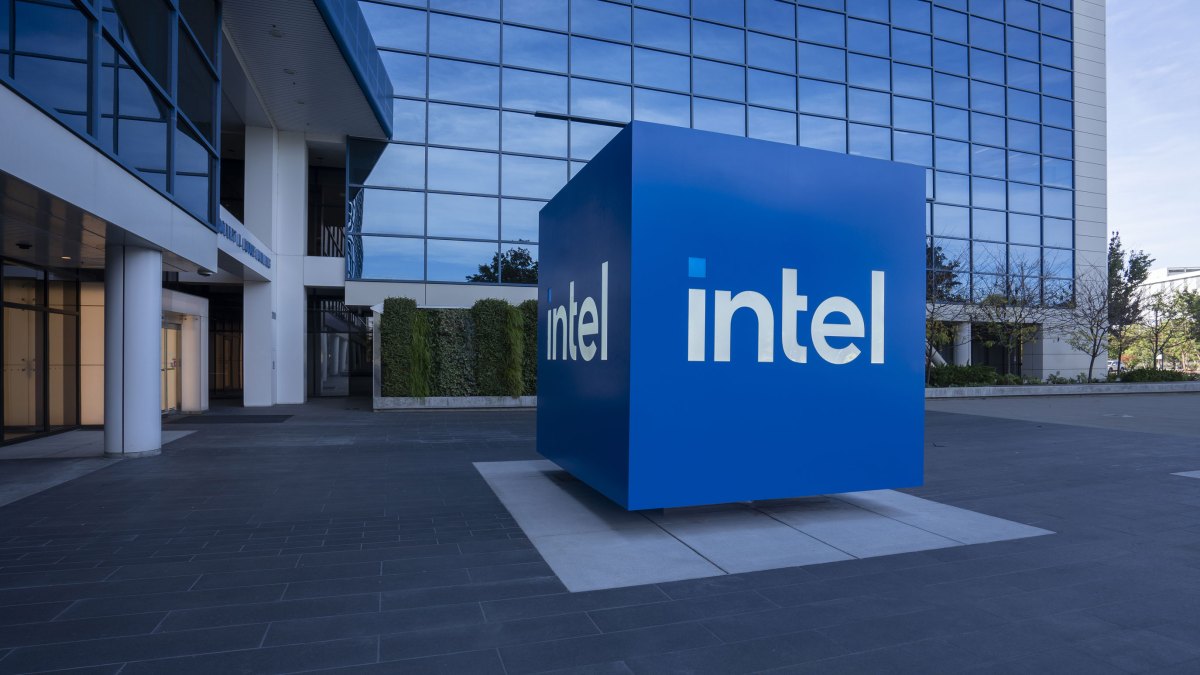Rivian finished last year having delivered 51,579 electric SUVs, trucks, and vans, more than triple the number it shipped to customers in 2023.
The company announced Friday that it also built 49,476 EVs in 2024. That’s about 8,000 fewer than it expected to manufacture as recently as July. Rivian was forced to lower its expectations, though, when it ran into a component shortage that dragged down production. That shortage is resolved, according to the press release.
Rivian won’t release its financial results for the year until February 20, but the delivery and production figures help wrap what was an up-and-down year for the growing EV company.
The company began 2024 by cutting 10% of its workforce in February, as it and others were locked in a pricing war set off by Tesla.
One month later, Rivian revealed the R2 SUV, its upcoming midsize SUV that is supposed to sell in much higher numbers than the current R1S. The R2 is slated to start around $45,000 and will be built at the company’s factory in Normal, Illinois.
The R2 announcement event came with its own mixed bag of news. Rivian rolled out a genuine surprise that was a huge hit: the R3 hatchback, which is supposed to enter production after the R2. But the company also announced it was delaying its new factory in Georgia, and said it would expand the Normal factory in the meantime.
In May, Rivian started rolling out revamped versions of the R1S and the R1T pickup truck. The company simplified the inner workings of the vehicles in a bid to staunch its perpetual and supersized financial losses.
The company got another boost in June when it announced a joint venture with Volkswagen Group. The German giant pledged to invest $5 billion into the collaboration, while Rivian agreed to provide software and electrical architecture know-how that will help modernize Volkswagen’s portfolio. (The deal officially closed in November and grew to $5.8 billion.)
Rivian finished the year by securing a $6.6 billion loan commitment from the Biden administration to help build the Georgia factory — although that loan is already in the crosshairs of some of the incoming Trump administration’s top advisers.
This year could be just as chaotic for Rivian. Not only could the $6.6 billion loan become a political minefield, but Rivian — and other EV makers — are staring down the real possibility that the Trump administration will try to find a way to do away with the $7,500 federal tax credit for electric vehicles. That could put even more pressure on Rivian as it fights to get the R2 into production in the first half of 2026.




You are so interesting! I don’t believe I’ve truly read a single thing like this before.
So great to discover somebody with some unique thoughts on this subject.
Really.. thanks for starting this up. This site is something that’s
needed on the web, someone with a little originality!